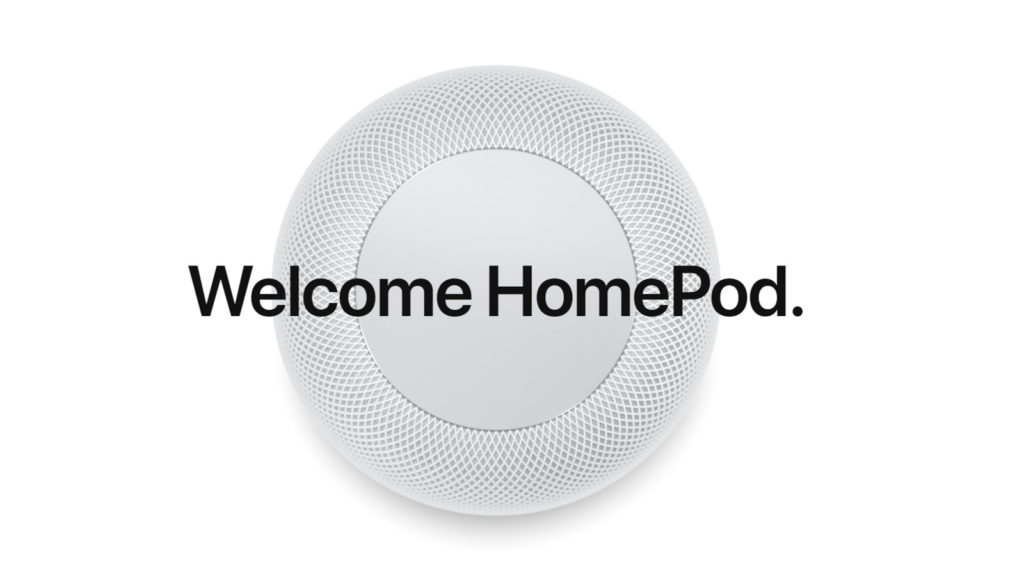Sony launches the WF-1000XM6 in South Africa with upgraded noise cancelling, better call clarity and premium sound. Pricing starts at R7,999.
Google Home, Amazon Echo can fight HomePod, but where are they?

The smart speaker arena looks set to go into overdrive as Apple finally joined the party last month with the HomePod. Featuring an array of audio hardware and smart adjustments, the device is pretty interesting.
Then there’s the Apple Music integration, as you use your voice to sift through tracks and playlists. Taken together with the audio chops and there’s little wonder why Apple is positioning it as a high-end audio speaker.
It may be marketed as a speaker first and assistant second, but the truth is that it still plays in the same space as Amazon and Google’s products. And when it comes to the actual smarts, the Amazon Echo and Google Home can hold their own against Apple’s new product. At least on paper.
Both Google and Amazon offer integration with plenty of third-party services, such as Uber, Domino’s and more. In fact, it’s been reported that Alexa has crossed the 15 000 mark for third-party “skills” — a huge figure in the burgeoning field.
Meanwhile, Apple made little mention of third-party support when it revealed the HomePod, though we’d expect a few third-party functions at launch.
Then there’s the pricing, with Amazon and Google’s gadgets being substantially cheaper than the HomePod’s US$350 recommended price.
Read more: Apple HomePod vs Amazon Echo vs Google Home
But the truth of the matter is that Amazon and Google are wasting precious time by not conducting a wider launch of their products.
Amazon’s Echo first hit the market in 2015, while the Google Home was first launched in late 2016. But both speakers have yet to truly reach a global audience.
Amazon’s gadget is only available in the USA, the UK and Germany, at last count. Meanwhile, Google’s device is in a similar boat, being launched in the USA, Canada and the UK — Germany, Japan, Australia, Canada and France are in the pipeline.
Apple, on the other hand, is only expected to launch the HomePod in December. Where’s the sense of urgency on the part of Amazon and Google to take advantage?
The power of a widespread launch — and Siri
The Cupertino company doesn’t play around when it comes to product launches either. The firm typically delivers products to a wide variety of countries in the weeks and months after the initial launch.
Heck, even South Africa receives Apple gadgets in a timely fashion compared to the competition. Take a look at the latest round of iPads and Macbooks — already in SA following their reveal at WWDC last month.
In saying so, Apple has already confirmed that the HomePod will be coming to Australia, the UK and the USA first. That’s already more countries than Amazon and Google’s launch days.
The HomePod will undoubtedly be the top-selling smart speaker when it launches in December, but what are Amazon and Google doing about it?
You can’t discount Siri, being the backbone of the HomePod — not a bad foundation at all. It’s one of the most popular voice assistants around, so Apple can harness years’ worth of user data to hopefully deliver a polished experience.
In fact, I wouldn’t be surprised if Apple’s HomePod slots in ahead of the Amazon Echo (but possibly behind the Google Home) when it comes to delivering answers. Why? Well, marketing firm 360i posed 3000 questions to Amazon and Google’s products, finding that the Google Home was “six times more likely to provide an answer than Amazon Alexa”.
There’s no reason why Apple shouldn’t see similar results thanks to Siri, with Amazon’s Alexa being a relatively new player in the voice assistant field.
Still, who cares if the Echo and Home beat the HomePod if they don’t make it to more countries? But things could be worse for a smart speaker manufacturer though — they could be waiting for Bixby.
